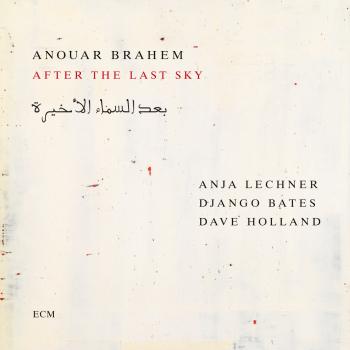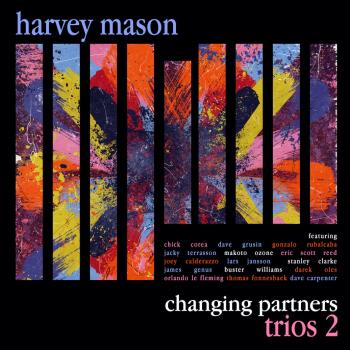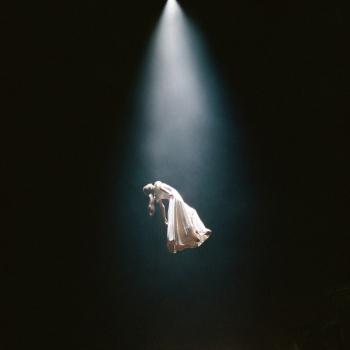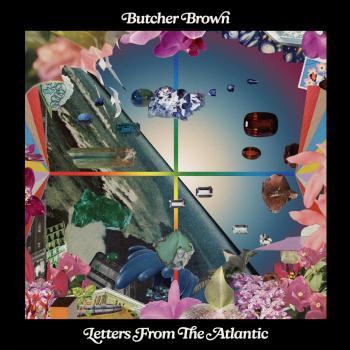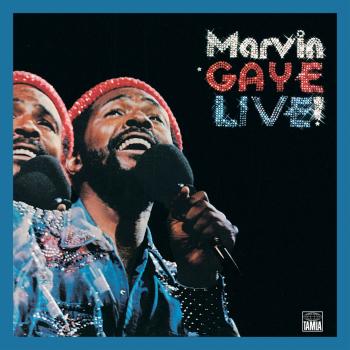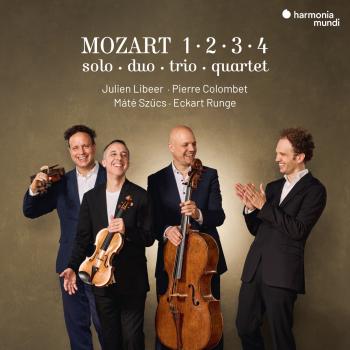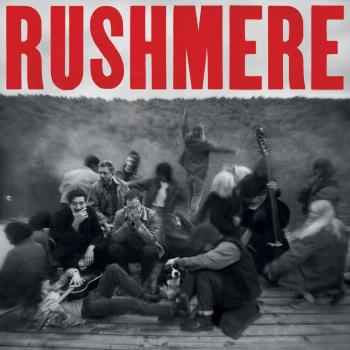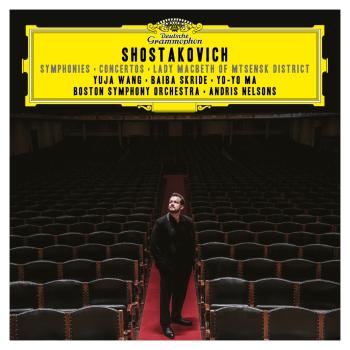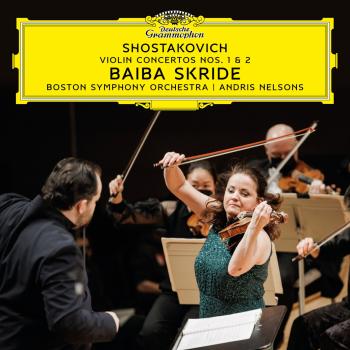
At 117 dB, they were once the loudest rock band in the world. Deep Purple's 23rd studio album =1 proves that you don't need phonetically powerful superlatives to play great rock. It is available from today.
For 57 years, Deep Purple has been a benchmark for solid rock with brains. Although it has gone through a few changes. Only drummer Ian Paice is still on board from the original line-up. Singer Ian Gillian and Roger Glover on bass are practically the original line-up, although both have taken a break. Don Airey, who replaced the legendary Jon Lord, has been in charge of the Hammond organ since 2002, while Simon McBride, who has been making Steve Morse forget since 2022, plays guitar. What has remained is their intense rock music (apart from the orchestral early excursions under Jon Lord's aegis).
=1 is a throwback by Deep Purple to the legendary 1970s in terms of the basic musical concept: straightforward, powerful and to the point. However, the sound is of a completely different calibre with the possibilities of the 2020s and delivers a multiple of acoustic happiness for the trained noble ears.
Incidentally, the album was produced by the similarly legendary Bob Ezrin. The Canadian has refined numerous albums by the who's who of rock, including, in addition to the more recent Deep Purple albums, The Wall by Pink Floyd, various albums by Alice Cooper and Kiss, Berlin by Lou Reed, Peter Gabriel's album of the same name and 30 Seconds to Mars by the same band.
At the =1 console, Ezrin has reawakened the round sound of Whoosh! and activated a driving force that brings out the best in every note. Musical and sonic highlights include Pictures of You, the laid-back rolling No Money To Burn, the tender I'll Catch You and, in any case, the driving Portable Door, which draws its charm not least from the gurgling Hammond organ. The crowning finale, Bleeding Obvious, adds a touch of prog rock to the mix, which feels exceptionally good.
=1 shows that solid and convincing rock is still possible in 2024, unpretentiously pulling out the stops that get under your skin. And that the crackling of a long-playing record may be nostalgic, but sound enjoyment clearly works differently. (Thomas Semmler, HighResMac)
Deep Purple

